
In a recent interview with Pharmacy Times, Barbara Giacomelli, BS Pharm, PharmD, discussed the trends she hopes to see in the pharmacy field in 2021 and where she sees the landscape changing.

In a recent interview with Pharmacy Times, Barbara Giacomelli, BS Pharm, PharmD, discussed the trends she hopes to see in the pharmacy field in 2021 and where she sees the landscape changing.
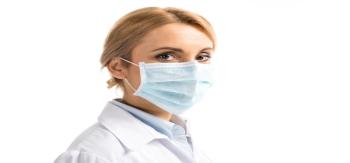
The event focused on the care, compassion, and connections the are important to pharmacists, and how the profession can tackle challenges such as payment reform and public awareness.

Soon, all Americans will be able to receive the vaccine at pharmacies including CVS and Walgreens, and their primary care provider's office.

Pharmacists play a key role in educating patients on risk factors for cervical and endometrial cancers and can assist with treatment decisions, and management of potential adverse effects in patients with these cancers.
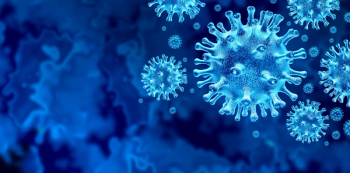
The organization’s public statement comes after a pharmacist was arrested for destroying over 500 doses.

When asked to rate their satisfaction with their current annual total compensation on a scale of 1 to 7 (with 1 being “not at all” and 7 being “extremely”), the average response among the 299 respondents to that question was 4.82.

Telehealth has been crucial in expanding access to naloxone, a lifesaving drug used to reverse the effects of an opioid overdose.
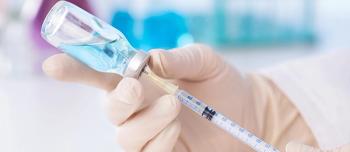
According to AstraZeneca, the company is currently conducting a large trial in the US and in other countries around the world.

Having a sense of professional identity is important for longevity in the profession, prevention of burnout, ethical practice, and mentorship of others in the same field.
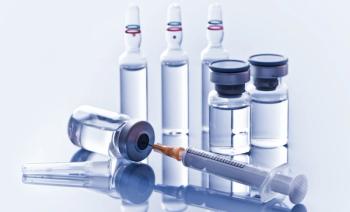
This agreement brings the total number to be delivered to the United States to 200 million.

Pharmacists must demonstrate value to achieve success when implementing new services and especially when establishing an entirely new practice.

Emphasizing the importance of the COVID-19 vaccine to younger generations and those with no underlying health conditions could significantly increase the overall rate of vaccination in the United States.

The action allows for medicinal products to be authorized on a conditional basis for seriously debilitating or life-threatening diseases or for use in emergency situations in response to public health threats in the European Union.
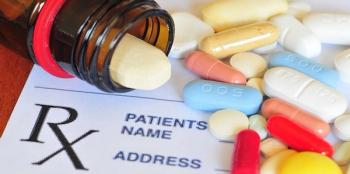
Based on the pickup rates in the study, the investigators said kiosks could provide pharmacies significant annual savings because patients picked up an additional 400 prescriptions per year.

Moderna’s COVID-19 vaccine (mRNA-1273) has been granted Emergency Use Authorization (EUA) by the FDA, making it the second vaccine to be issued an EUA for combating the virus.

Osimertinib (Tagrisso; AstraZeneca) is indicated for treatment in patients with non-small cell lung cancer (NSCLC) whose tumors have a specific type of genetic mutation.

Selinexor (Xpovio; Karyopharm Therapeutics Inc.) in combination with bortezomib (Velcade; Takeda) and dexamethasone was approved for the treatment of adult patients with multiple myeloma who have received at least 1 prior therapy.

Throughout the pandemic, we have taken an aggressive approach to service and safety, ensuring that there would be no disruption in services, and even expanding our offerings during these difficult times to include virtual onboarding and contactless delivery.

The additional doses bring the EC’s confirmed order commitment to 160 million doses, which will commence from the company’s dedicated European supply chain.

If granted an EUA by the FDA, mRNA-1273 would become the second COVID-19 vaccine to receive the designation.

Pfizer’s COVID-19 vaccine vials are supposed to hold 5 doses, but using a sixth or seventh dose could expand the supply by up to 40%.
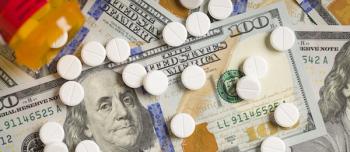
Under the 340B Prime Vendor Program, the Prime Vendor has several functions that it carries out to support stakeholders in operating and navigate the field so that they can effectively achieve lower 340B drug pricing for those who need it most.

Wearable technology and apps that monitor health and wellness have exploded in popularity and sophistication in recent years.

Monitoring outpatient prescribing patterns has been a major challenge for the Lifespan health system in Rhode Island, since it has over 1.5 million electronic prescriptions written annually.
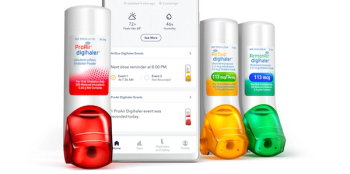
Inhalation therapy is reliant upon correct inhaler technique to allow for optimal deposition of medication.

As the number of patients hospitalized with COVID-19 has surged, hospitals have been faced with the challenge of converting various spaces into ICUs and COVID-19 units.
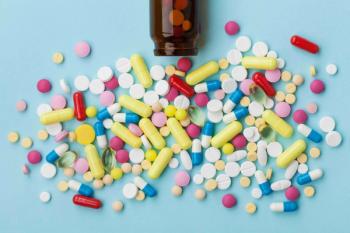
The COVID-19 Pandemic has compounded the opioid crisis.

Until COVID-19 vaccines are widely available, Anthony Fauci, MD, said the importance of public health measures cannot be understated.

If current drug pricing trends continue, cost-related non-adherence to therapy will result in the premature deaths of 112,000 Medicare beneficiaries per year.

The FDA-approved generic is therapeutically equivalent to Mallinckrodt Pharmaceuticals’ acetaminophen injection product (Ofirmev).